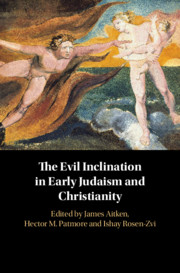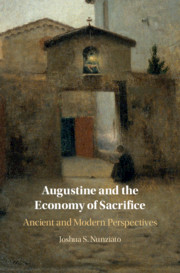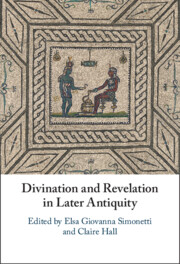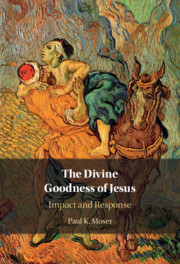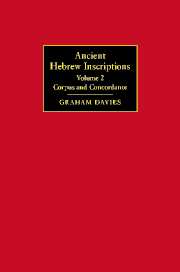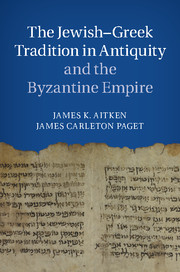The Evil Inclination in Early Judaism and Christianity
One of the central concepts in rabbinic Judaism is the notion of the Evil Inclination, which appears to be related to similar concepts in ancient Christianity and the wider late antique world. The precise origins and understanding of the idea, however, are unknown. This volume traces the development of this concept historically in Judaism and assesses its impact on emerging Christian thought concerning the origins of sin. The chapters, which cover a wide range of sources including the Bible, the Ancient Versions, Qumran, Pseudepigrapha and Apocrypha, the Targums, and rabbinic and patristic literature, advance our understanding of the intellectual exchange between Jews and Christians in classical Antiquity, as well as the intercultural exchange between these communities and the societies in which they were situated.
- Each article examines a specific corpus of literature in which the contributor is a specialist to provide new insights for the discussion of evil as a major theological topic
- Provides new information that will help to date exegetical traditions and allow readers to set the New Testament and the early Christian movement more concretely within the intellectual milieu of late antique Judaism
- Advances our understanding of the intellectual exchange between Jews and Christians in classical Antiquity, as well as the intercultural exchange between these communities and the societies in which they were situated
Reviews & endorsements
‘This broad and erudite volume will be of value to scholars of the Dead Sea Scrolls.’ Matthew Goff, Dead Sea Discoveries
Product details
January 2021Hardback
9781108470827
350 pages
235 × 160 × 30 mm
0.73kg
Available
Table of Contents
- 1. Introduction James Aitken, Hector Patmore and Ishay Rosen-Zvi
- 2. Reconsidering the semantics of the 'inclination' (yéṣɛr) in classical Biblical Hebrew Noam Mizrahi
- 3. The 'inclination' (yēṣer) as rendered in the Septuagint James Aitken
- 4. 'Fleshly spirit' and 'vessel of flesh' in 4Qinstruction and the thanksgiving hymns Benjamin Wold
- 5. Theological anthropology in the enochic tradition Loren Stuckenbruck
- 6. The perils of philosophical persuasion: Philo on the origin of moral evils Sharon Weisser
- 7. The evil inclination (yeṣer ha-ra') in tannaitic literature: demonic desires and beyond Ishay Rosen-Zvi
- 8. Conflicting intrapersonal powers in Paul's letters Daniel Schumann
- 9. The 'two inclinations' and the double-minded human condition in the letter of James George van Kooten
- 10. An evil inclination in early targums to the Pentateuch and Prophets? Hector Patmore
- 11. Gnostic theologies of evil Timothy Pettipiece
- 12. The rabbinic 'inclination' (yeṣer) and the Christian apocrypha Monika Pesthy-Simon
- 13. Origen on the origin of sin Riemer Roukema
- 14. Augustine on the diabolical suggestion of sin Sophie Lunn-Rockliffe
- 15. Jerome and the 'inclination' (yeṣer): the evidence of the vulgate C. T. R. Hayward
- 16. Rabbinic inclinations and monastic thoughts: Evagrius Ponticus' doctrine of reasoning (logismoi) and its antecedents Augustine Casiday
- 17. 'Inclination' (yaṣrā) in the Syriac tradition David G. K. Taylor
- 18. Evil, sin and inclination (Yeṣer) in Jewish and Christian poetic disputes between the body and soul Ophir Münz-Manor
- 19. The wizard of az and the evil inclination: the Babylonian rabbinic inclination (yeṣer) in its Zoroastrian and Manichaean context Yishai Kiel
- 20. The evil inclination in the targums to the writing Leeor Gottlieb.

